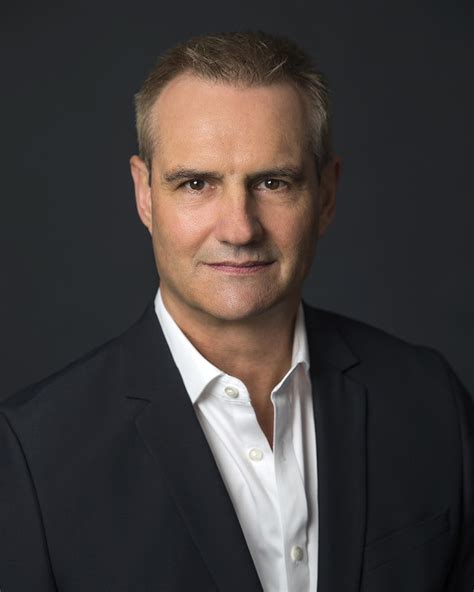A Quote by Thomas Carlyle
If you are looking at data over and over you better be taking away valuable insight every time. If you are constantly looking at data that isn't leading to strategic action stop wasting your time and look for more Actionable Analytics.
Related Quotes
You have to imagine a world in which there's this abundance of data, with all of these connected devices generating tons and tons of data. And you're able to reason over the data with new computer science and make your product and service better. What does your business look like then? That's the question every CEO should be asking.
Scientific data are not taken for museum purposes; they are taken as a basis for doing something. If nothing is to be done with the data, then there is no use in collecting any. The ultimate purpose of taking data is to provide a basis for action or a recommendation for action. The step intermediate between the collection of data and the action is prediction.
We get more data about people than any other data company gets about people, about anything - and it's not even close. We're looking at what you know, what you don't know, how you learn best. The big difference between us and other big data companies is that we're not ever marketing your data to a third party for any reason.
The very best [infographics] engender and facilitate an insight by visual means - allow us to grasp some relationship quickly and easily that otherwise would take many pages and illustrations and tables to convey. Insight seems to happen most often when data sets are crossed in the design of the piece - when we can quickly see the effects on something over time, for example, or view how factors like income, race, geography, or diet might affect other data. When that happens, there's an instant "Aha!".
Disruptive technology is a theory. It says this will happen and this is why; it's a statement of cause and effect. In our teaching we have so exalted the virtues of data-driven decision making that in many ways we condemn managers only to be able to take action after the data is clear and the game is over. In many ways a good theory is more accurate than data. It allows you to see into the future more clearly.
Chunking is the ability of the brain to learn from data you take in, without having to go back and access or think about all that data every time. As a kid learning how to ride a bike, for instance, you have to think about everything you're doing. You're brain is taking in all that data, and constantly putting it together, seeing patterns, and chunking them together at a higher level. So eventually, when you get on a bike, your brain doesn't have to think about how to ride a bike anymore. You've chunked bike riding.
We can look back through ice-core data and see over 800,000 years, relationships between carbon dioxide and the temperature of the world. So those people who deny the importance of climate change are just wasting their time. They're also being diversionary because if we don't act the risks are enormous.
Scientific knowledge is, by its nature, provisional. This is due to the fact that as time goes on, with the invention of better instruments, more data and better data hone our understanding further. Social, cultural, economic, and political context are relevant to our understanding of how science works.








































